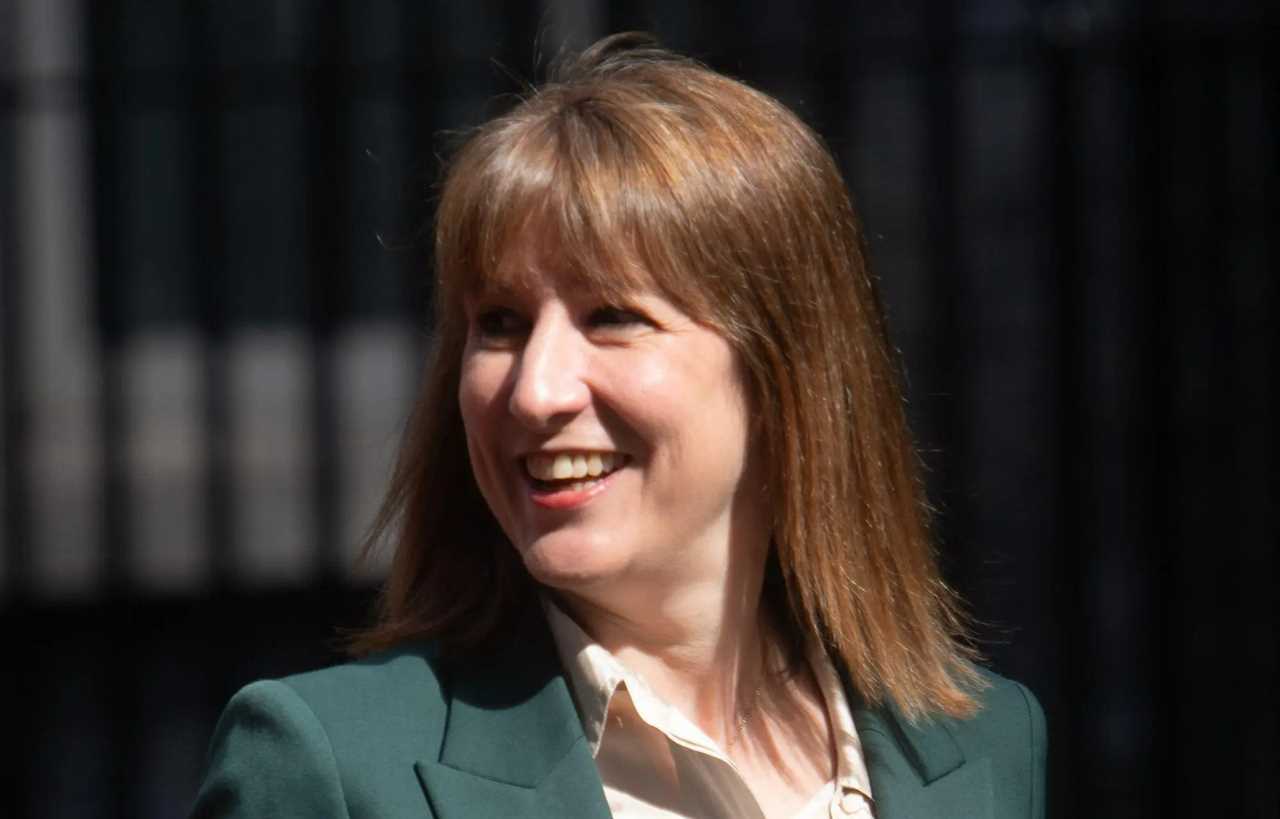
In the face of looming tax changes, the horse racing industry is sounding the alarm, warning of dire consequences that could include significant job losses and the closure of beloved racecourses. As the government considers levelling the playing field by aligning taxes across various gambling sectors, the potential fallout for racing could be severe, with fears of financial strain and community disruption at the centre of the debate. This issue not only affects the economic viability of the industry but also raises questions about the broader social and cultural significance of horse racing in British society.
Challenges to Racing Sustainability
The proposal to harmonise gambling taxes has sparked concerns within the racing community, with industry leaders and politicians emphasising the integral role of horse racing in the national sports landscape. The threat of increased levies, without exemptions for racing, has prompted fears of a significant impact on jobs, racecourses, and the overall financial stability of the sector. This potential shift in tax policy highlights the delicate balance between economic interests and the preservation of cultural institutions that define British heritage.
The Human Cost of Taxation
At the heart of the debate lies the fate of thousands of jobs and the livelihoods of those employed in the racing industry. The looming tax changes could not only jeopardise employment opportunities but also pose a threat to the vibrant communities built around racecourses. Moreover, the prospect of punters turning to the black market due to changes in tax rates underscores the broader implications of regulatory decisions on consumer behaviour and the integrity of the gambling industry.
Industry Resilience and Advocacy
Amidst the uncertainty, industry figures and advocates are rallying against the proposed tax adjustments, emphasising the potential repercussions for the racing sector. Calls for exemptions and a nuanced approach to taxation reflect a broader effort to safeguard the future of horse racing and protect the diverse ecosystem of sports and entertainment that rely on betting revenues for sustainability. The dialogue between stakeholders and policymakers underscores the need for a balanced approach that considers both economic realities and the social value of racing.
Government Response and Stakeholder Engagement
As consultations continue, the government faces a delicate balancing act between streamlining tax systems and addressing the concerns of industry players. The Treasury's assertion that the aim is not to increase rates but to streamline operations underscores the complexity of the issue at hand. Engaging with a wide range of stakeholders, including businesses, advocacy groups, and individuals, will be crucial in shaping a tax framework that supports industry sustainability while addressing regulatory challenges.
In conclusion, the debate surrounding gambling levies and their impact on the racing industry reflects a broader tension between economic policies and cultural preservation. The decisions made in this arena will not only shape the future of horse racing but also influence the broader landscape of sports entertainment and community engagement. As stakeholders navigate these complex issues, finding a path forward that balances financial imperatives with social responsibilities will be essential in ensuring the long-term viability of the racing sector.






